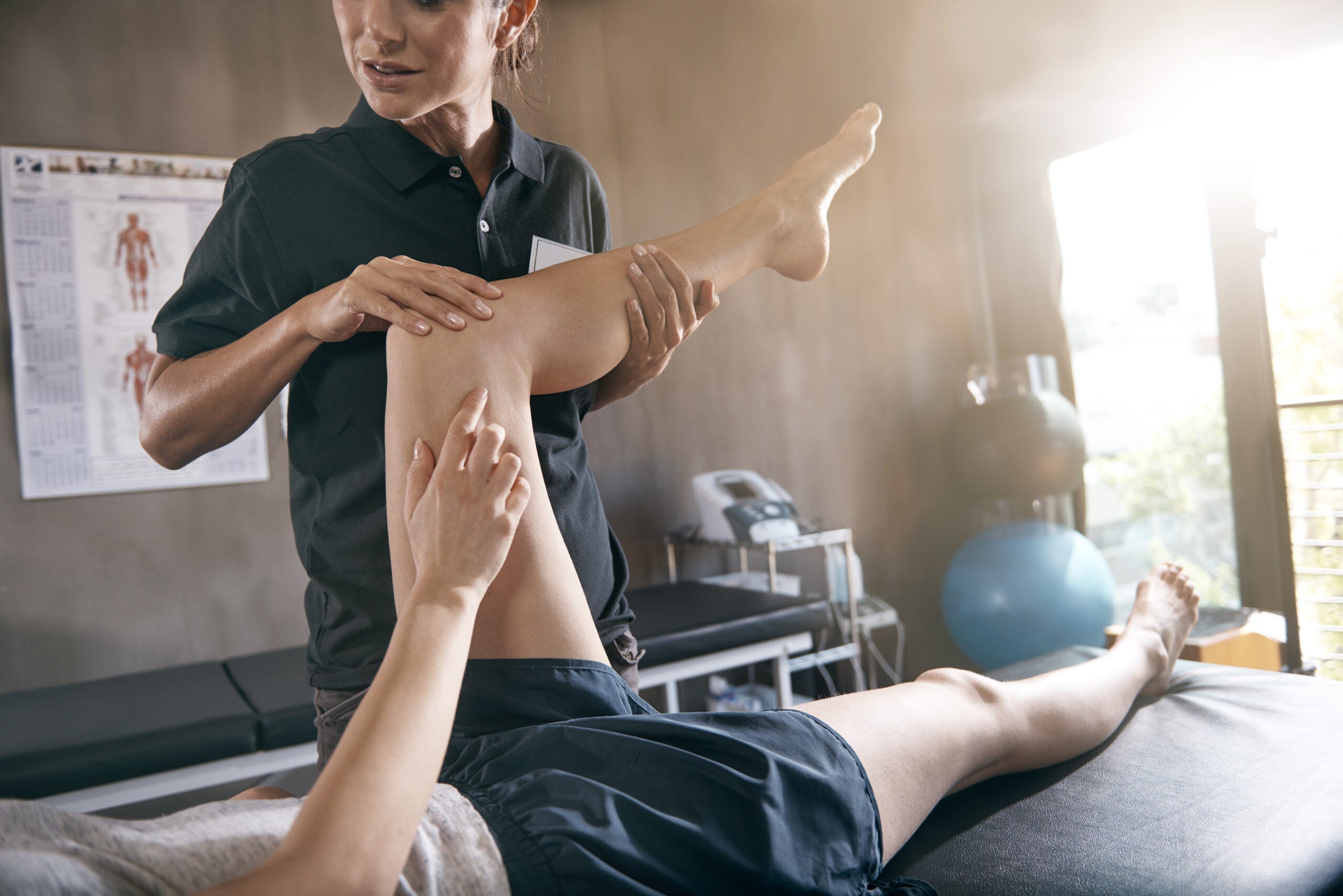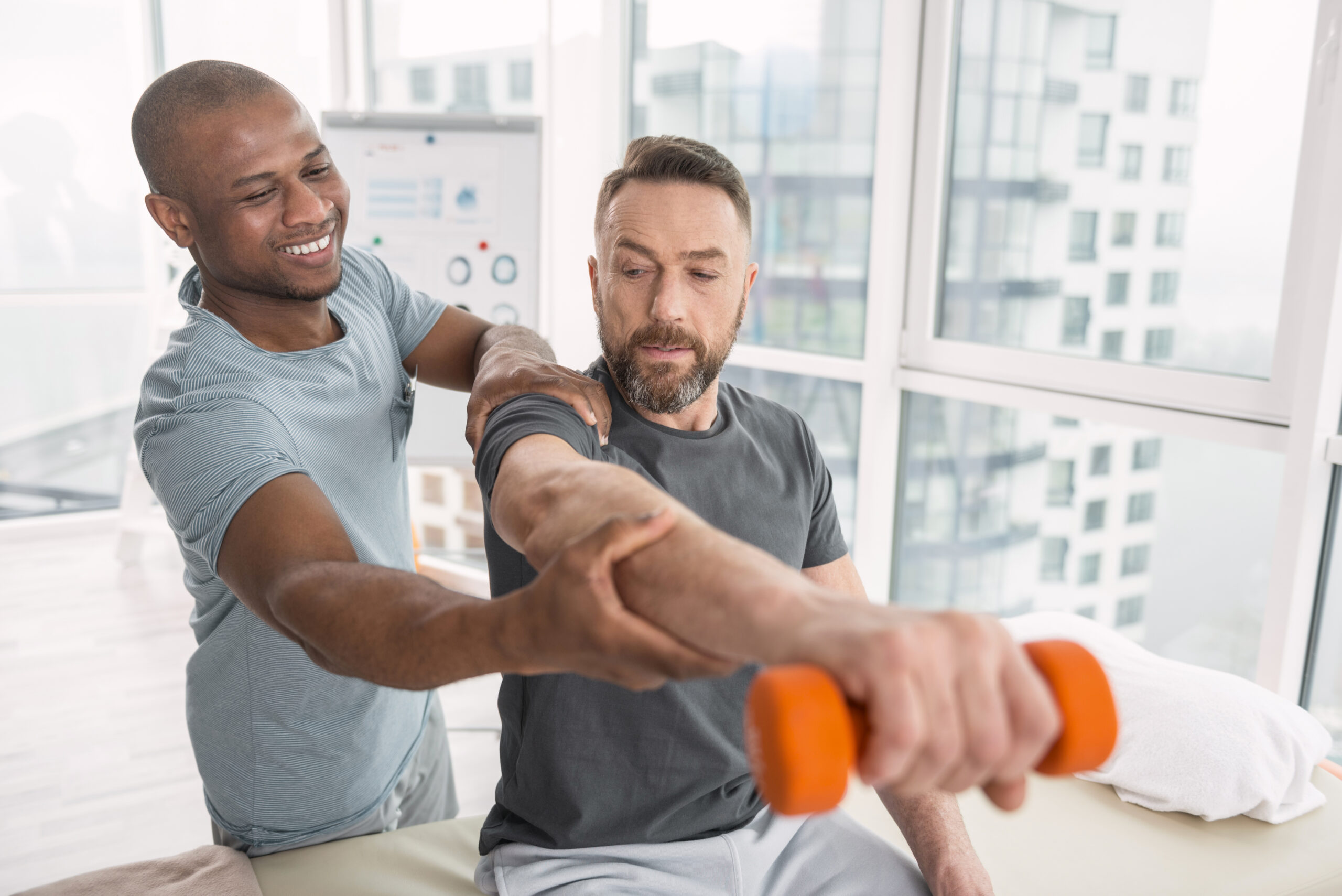Orthopedics Roanoke Mastery: Navigating the Path to Optimal Health and Feature
Orthopedics Roanoke Mastery: Navigating the Path to Optimal Health and Feature
Blog Article
Understanding the Duty of Physical Therapists in Sports Medicine
Recognizing the duty of physical therapists in sports medicine is important for professional athletes and medical care specialists alike. Physical specialists play a vital role in assessing athletes' injuries and conditions, developing individualized therapy strategies, and carrying out recovery strategies. Teaming up with medical care specialists and instructors, physical specialists supply thorough treatment to professional athletes, guaranteeing their general wellness and optimal performance.

Examining Professional athlete's Injuries and Issues
Physical therapists in sports medication play a crucial role in evaluating professional athletes' injuries and problems. The capacity to properly examine a professional athlete's injury is crucial in establishing the proper program of treatment and rehab.
During the examination, physiotherapists gather essential information such as the athlete's case history, previous injuries, and present symptoms. They also execute a detailed physical exam, analyzing aspects such as series of motion, stability, adaptability, and stamina (physical therapists Roanoke). Special analysis tests and imaging might also be made use of to further evaluate the injury or problem
By conducting this thorough examination, physical therapists have the ability to accurately identify the injury and establish a personalized therapy strategy. This may consist of restorative workouts, hand-operated therapy methods, and modalities such as heat or cold therapy. In addition, physical specialists provide education and support on proper techniques for avoiding future injuries, in addition to methods for optimizing performance and minimizing the danger of re-injury.
Establishing Personalized Treatment Strategies
Physiotherapists in sporting activities medication establish individualized therapy strategies based on their comprehensive analysis of an athlete's injuries and conditions. This process involves a comprehensive understanding of the athlete's medical background, physical exam, and analysis tests. By collecting this information, the physiotherapist can recognize the underlying root causes of the injury or condition and figure out one of the most suitable course of treatment.
The individualized treatment strategy aims to address the particular demands of the professional athlete and promote optimal recovery. It may include a combination of therapeutic exercises, manual therapy techniques, modalities such as heat or cold therapy, and education on injury prevention. The physiotherapist will additionally take into consideration the professional athlete's objectives, sport-specific demands, and timeline for return to play when creating the treatment plan.
In addition, the therapy plan may evolve over time as the professional athlete advances in their rehabilitation. Regular re-evaluations allow the physiotherapist to examine the performance of the treatments and make any kind of needed modifications. The ultimate objective is to assist in the athlete's safe go back to their sport while reducing the risk of re-injury.
Implementing Recovery Methods
The implementation of recovery methods plays a pivotal duty in the treatment procedure for athletes in sporting activities medicine. These strategies are created to help professional athletes recuperate from injuries, boost their efficiency, and prevent more injury. Physical therapists, as specialists in motion and feature, are in charge of executing these strategies and directing professional athletes with their rehabilitation trip.
One of the vital elements of applying rehabilitation strategies is the evaluation of the athlete's problem. Physiotherapists evaluate the athlete's injury or problem, taking into consideration aspects such as the severity of the injury, the professional athlete's objectives, and their present degree of physical fitness. Based upon this assessment, the therapist creates a personalized therapy strategy that includes particular recovery techniques.
Recovery strategies can include a range of treatments such as healing exercises, hands-on treatment, methods (e.g., warmth, chilly, electric stimulation), and functional training. These methods are customized to resolve the athlete's particular requirements and goals, intending to recover optimum feature, decrease pain, and enhance efficiency.
Throughout the rehab procedure, physical specialists very closely monitor the athlete's progress and make any required adjustments to the treatment plan. They also offer education and assistance to the athlete on appropriate type, injury prevention techniques, and self-care methods.
Enhancing Performance and Avoiding Injuries
A crucial element of the physiotherapist's function in sporting activities medicine is improving performance and preventing injuries through targeted treatments. Physical specialists play a critical duty in optimizing athletes' efficiency and minimizing the danger of injuries by utilizing numerous methods and strategies.
To enhance performance, physiotherapists function closely with professional athletes to develop individualized exercise programs that concentrate on improving toughness, endurance, flexibility, and balance. physical therapist Roanoke. These programs are developed to deal with certain locations of weakness or restriction, allowing professional athletes to reach their complete possibility. In addition, physical therapists may use techniques such as hands-on treatment, including joint mobilization and soft tissue mobilization, to maximize athletes' movement patterns and boost overall efficiency

Teaming Up With Medical Care Professionals and Coaches
Cooperation with medical care experts and coaches is important for physiotherapists in maximizing athlete performance and preventing injuries in the field of sporting activities medicine. orthopedics Roanoke. Physiotherapists play a vital duty in the multidisciplinary team that supports professional athletes, and effective partnership with various other experts is crucial for supplying detailed treatment
When working with health care specialists, physical specialists work together carefully with medical professionals, orthopedic specialists, and sports medicine specialists. This cooperation enables much better diagnosis, therapy, and assessment planning for athletes. By sharing their know-how and knowledge, visit this page physiotherapists can add valuable insights and viewpoints to the group, guaranteeing the ideal possible results for professional athletes.
In addition, partnership with trainers is vital for physical specialists to design and implement reliable training and conditioning programs. Coaches offer beneficial info regarding the details demands and objectives of the sport, as well as the athlete's training timetable and performance expectations. By functioning together, physical therapists and trains can create customized programs that resolve the professional athlete's private demands and enhance their performance while lessening the threat of injury.
In addition, partnership with medical care experts and instructors expands beyond the treatment and training phase. Physical specialists typically work closely with these experts in creating injury avoidance techniques and protocols. By sharing their know-how and knowledge, they can add to the growth of evidence-based practices that intend to reduce the event of injuries and maximize professional athlete efficiency.
Conclusion
In final thought, physical specialists play an essential duty in sports medicine by evaluating professional athletes' conditions and injuries, creating tailored therapy strategies, applying rehab methods, improving efficiency, and protecting against injuries. They also work together with healthcare professionals and trains to make certain thorough take care of professional athletes. Their proficiency and expertise contribute significantly to the general wellness and wellness of professional athletes in the area of sporting activities medicine.
Physical specialists play a vital role in reviewing professional athletes' injuries and conditions, developing personalized therapy strategies, and executing recovery strategies. Physical specialists evaluate the professional athlete's injury or condition, taking into account elements such as the severity of the injury, the professional athlete's objectives, and their present level of physical fitness.In terms of injury avoidance, physical therapists use their knowledge of biomechanics and motion evaluation to recognize prospective danger variables that might predispose athletes to injuries. Physical therapists inform athletes on appropriate see post workout and cool-down reference methods, proper footwear, and injury prevention approaches, encouraging them to take an active function in avoiding injuries.
In conclusion, physical specialists play a crucial function in sports medication by assessing athletes' problems and injuries, establishing tailored treatment plans, implementing recovery methods, improving efficiency, and stopping injuries.
Report this page